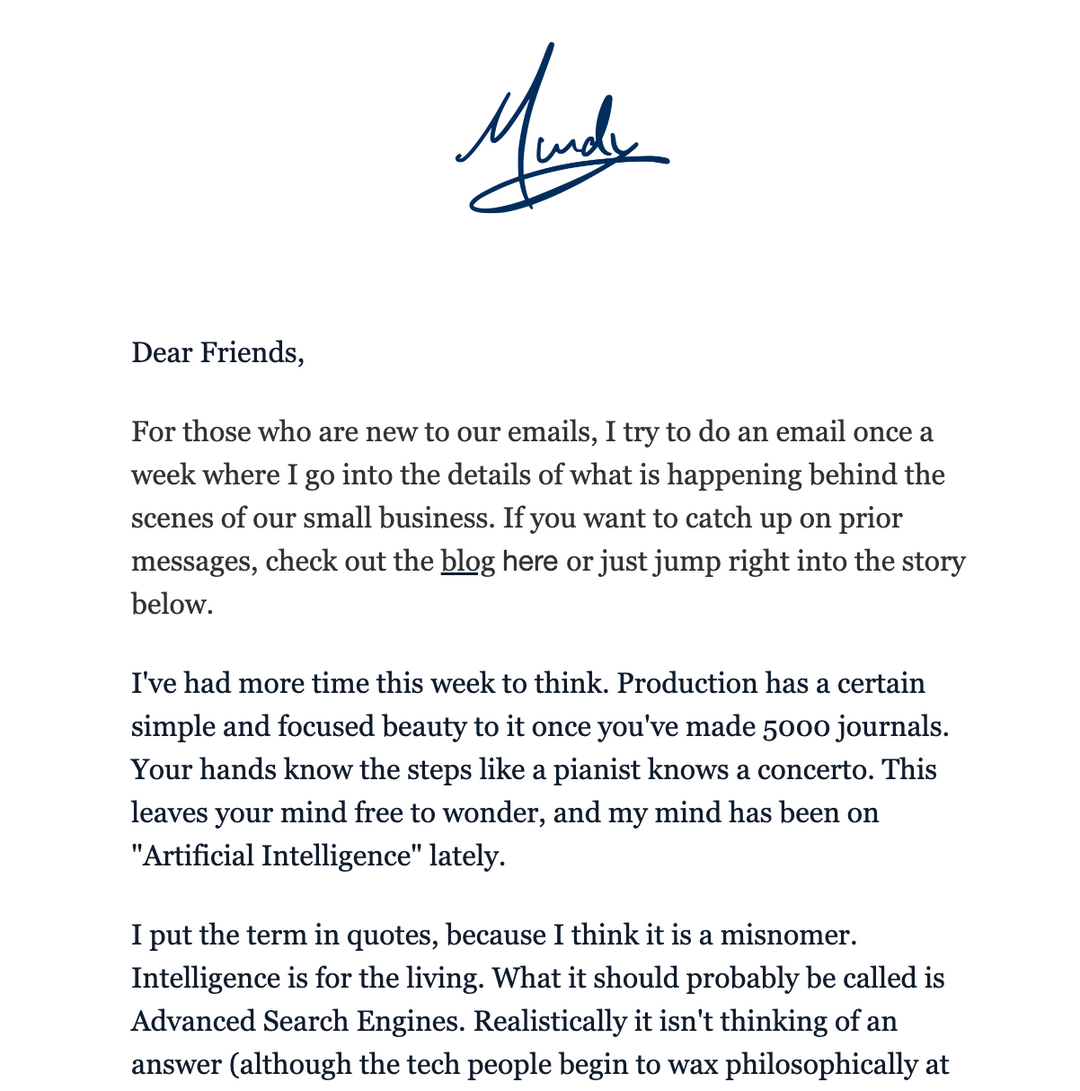|
Writing Tips:
5 Ways To
Stand Out
|
|
|
Writing Tips:
5 Ways To
Stand Out
|
|
| Want to shape your writing into being more authentically you? Next time you’re writing, keep these 5 tips in mind: |
|
| Want to shape your writing into being more authentically you? Next time you’re writing, keep these 5 tips in mind: |
|
|
|
|
|
Use experiences as a springboard.
If the content of your writing leaves you with the deep and nostalgic feeling of been there, done that, then it’ll more likely exude a profound sense of realism and empathy – one that will resonate and connect with readers more powerfully.
|
|
|
Be aware of what makes your observations unique.
For instance, if you’re observing the way people engage in conversation, take note not only of the dialogue, but also of the silences, of the interruptions and of the speakers’ unconscious habits like pushing up their glasses, adjusting the collar of their T-shirt or tapping their foot against the carpet. Ask yourself why those habits are emerging in the first place.
|
|
|
"Show" with a spin.
One of the most common pieces of advice given to writers is ‘Show, don’t tell’ – but it’s also important that you enact the ‘show’ part with a twist. Avoid using the same old words to paint a picture. Try adopting a different approach or perspective.
|
|
|
Turn objects into metaphors.
If you’re looking for inspiration, an effective exercise to get your creative mind pumping is to turn random objects into quirky metaphors. Select any item in your line of vision – a pencil, a typewriter, a mug – and write about it in the greater context of life. This exercise gives you the opportunity to turn something mundane into something totally and utterly original.
|
|
|
Create strong, authentic voices.
A classic example of writing with a strong, authentic voice is J. D. Salinger’s The Catcher in the Rye – when you read that novel, you cannot help but hear Holden Caulfield’s voice in your head. With the effective use of voice, the reader becomes so deeply submerged in the story, the characters and the underlying meanings that they forget a writer has fabricated this world.
|
|
|
|
|
|
Use experiences as a springboard.
If the content of your writing leaves you with deep and nostalgic feeling of been there, done that, then it’ll more likely exude a profound sense of realism and empathy – one that will resonate and connect with readers more powerfully.
|
|
|
Be aware of what makes your observations unique.
For instance, if you’re observing the way people engage in conversation, take note not only of the dialogue, but also of the silences, of the interruptions and of the speakers’ unconscious habits like pushing up their glasses, adjusting the collar of their T-shirt or tapping their foot against the carpet. Ask yourself why those habits are emerging in the first place.
|
|
|
"Show" with a spin.
One of the most common pieces of advice given to writers is ‘Show, don’t tell’ – but it’s also important that you enact the ‘show’ part with a twist. Avoid using the same old words to paint a picture. Try adopting a different approach or perspective.
|
|
|
Turn objects into metaphors.
If you’re looking for inspiration, an effective exercise to get your creative mind pumping is to turn random objects into quirky metaphors. Select any item in your line of vision – a pencil, a typewriter, a mug – and write about it in the greater context of life. This exercise gives you the opportunity to turn something mundane into something totally and utterly original.
|
|
|
Create strong, authentic voices.
A classic example of writing with a strong, authentic voice is J. D. Salinger’s The Catcher in the Rye – when you read that novel, you cannot help but hear Holden Caulfield’s voice in your head. With the effective use of voice, the reader becomes so deeply submerged in the story, the characters and the underlying meanings that they forget a writer has fabricated this world.
|
|
|
Writing Prompt:
Write about a character who finds an odd-looking egg in the forest. When they take it home, they never could have predicted what was inside it.
|
|
|
Writing Prompt:
Write about a character who finds an odd-looking egg in the forest. When they take it home, they never could have predicted what was inside it.
|
|
|
|
|


















